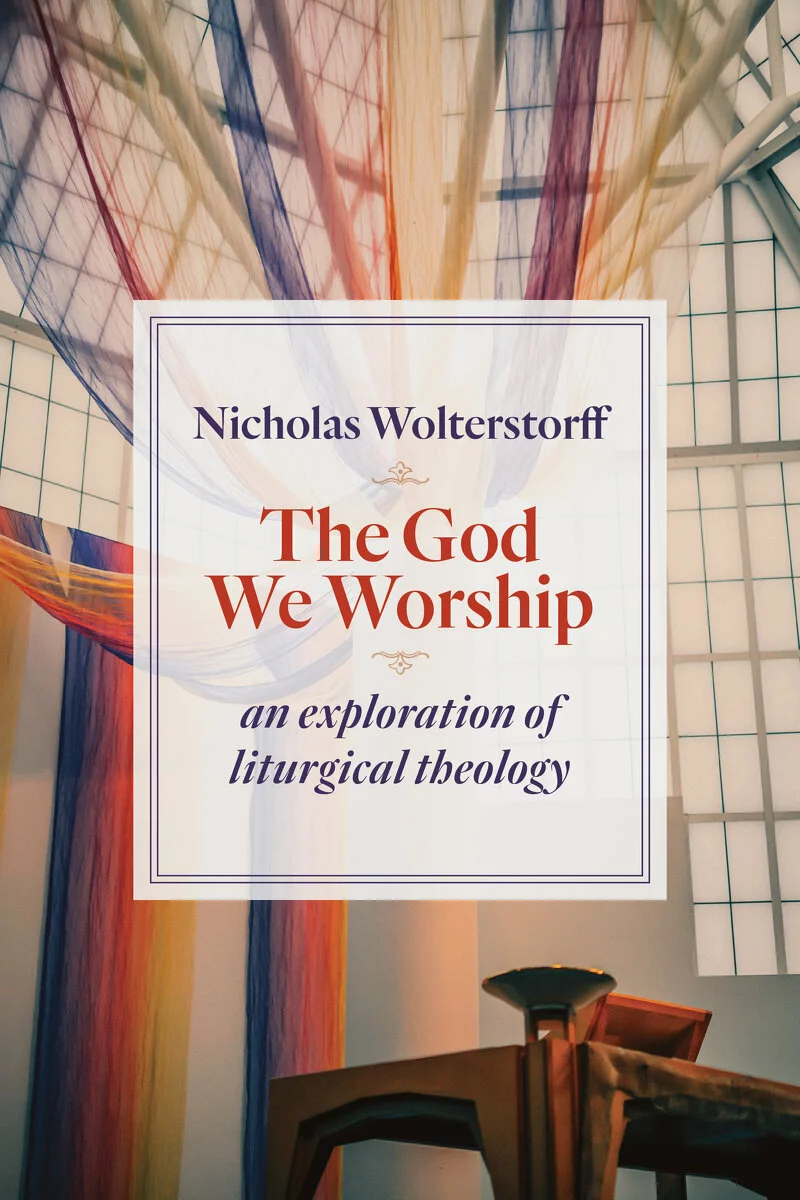In this book, Nicholas Wolterstorff seeks to answer the question ‘who is the God Christians worship?’ through a selective examination of Christian liturgies. The central aim of his ‘project is to uncover the fundamental presuppositions of the Christian liturgy’ by making theologically explicit what it is implicit in what the church does in public worship. In proper Wolterstorffian fashion, he asks big questions and provides substantial answers via robust analytical argumentation that, in hindsight, seems simple and obvious. It is not for this reason an unsophisticated or unhelpful analysis.
Kevin M. Antlitz
Assistant Rector, Church of the Ascension
Religion & Theology 24, no 3 (2017): 599-602.
Given Wolterstorff’s conversational delivery, The God We Worship may well be received as an invitation to philosophers, theologians and liturgical theologians of every confessional tradition or non-tradition – an invitation to become interlocutors, yes, with Wolterstorff, but even more with one another, and ultimately with the God we worship.
Sue A. Rozeboom
Professor of Liturgical Theology, Western Theological Seminary
International Journal of Systematic Theology 18, no 4 (2016): 486-488.
Overall, this book is significant for its method – redefining liturgical theology as the exposition and analysis of the theology that is explicit or implicit in the liturgy – and for the light it sheds on the nature of the God so revealed, as one who listens and so makes Godself vulnerable to human response.
Paul Avis
Honorary Professor, School of Divinity, University of Edinburgh
Ecclesiology 14, no 2 (2018): 250-252.
[We] are being led along a less-trodden path, an exploration of the largely unchartered territory which emerges from true 'liturgical theology' - the explicit and implicit theology present in the words and actions of Christians when they gather to worship. Thus, we are confronted with a compelling and, at times, controversial vision of 'the God we worship' as one who not only hears, listens and speaks to us in the enactment of liturgy, but one who is vulnerable to being wronged and resisted.
Ian Mills
Visiting Assistant Professor of Classics and Religious Studies, Hamilton College
International Journal for the Study of the Christian Church 18, no 4 (2018): 376-379.
This work is a helpful resource for liturgical theologians to assess thentask beyond the implications and applications of lex orandi/lex credendi that have so dominated the field since Schmemann’s seminal work. Wolterstorff opens a potentially fruitful conversation between liturgical, systematic, and historical theologies that might provide insights into their collaboration or even their interdependence.... Regardless where the conversation is found, Wolterstorff has given us a start on a productive and helpful—even if idiosyncratic—one.
Todd E. Johnson
William K. and Delores S. Brehm Associate Professor of Worship, Theology, and the Arts, Fuller Theological Seminary
Anglican Theological Review 100, no 4 (2018): 862-864.
This work will be of considerable interest to scholars of sacramental and liturgical theology. As a work asking “Who is God?” this would fit in well also with graduate theological study, perhaps as an early text in a sacramental theology course.
Chris Angel
Lutheran Quarterly 30, no 4 (2016): 447-449.


